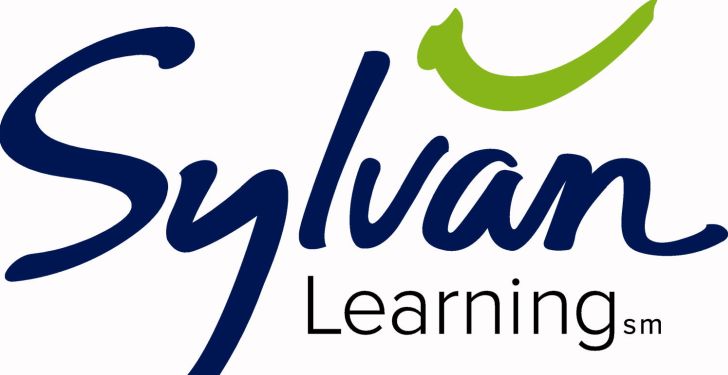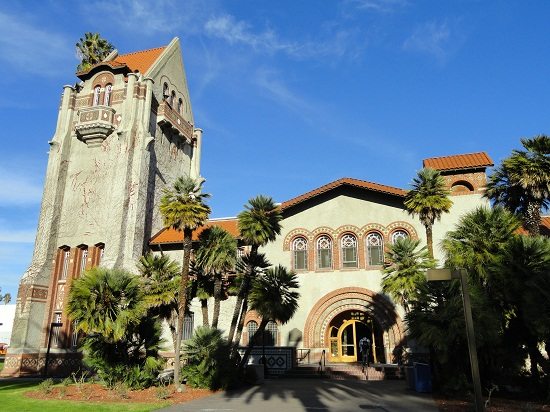There are several options if you’re looking for free grants for college. Grants are available as the best financial assistance form because the recipient doesn’t have the obligation to repay them, unlike the loan type of financial aid. In this sense, the grants are similar to the scholarship.
That said, there’s a slight difference between grants and scholarship. The scholarship is usually available to college students with merit consideration. Meanwhile, grants are available based on the student’s financial condition.
There’s one thing you should remember, though. There are several types of grants that you must pay the money back under certain circumstances. For instance, you must repay it if you withdraw from the school before finishing the enrollment period.
Many sources provide free grants in United States’ soil. The first and the most reliable source would be the Federal grants. All of the federal grants are given under need-based criteria. They are provided by the U.S. Department of Education and have helped thousands of financially-needy students who are trying to finish their four-year study in universities, career schools, and community colleges.
Free Grants for College Provider
There are four top free grants for college available for U.S. citizen or eligible non-citizen, which are:
Federal Pell Grants
Awarded by the U.S. Department of Education, a Federal Pell Grant is a source of financial aid for undergraduate students who have not yet earned a bachelor’s, graduate, or professional degree. Unlike a loan, the Pell Grant does not need to be repaid if you meet the conditions, such as not withdrawing from your program early.
To apply for a Federal Pell Grant, you must submit a FAFSA (Free Application for Federal Student Aid). After submitting your FAFSA, you will receive a Student Aid Report (SAR) from the U.S. Department of Education. The SAR is a summary of your FAFSA information, allowing you to correct any mistakes.
If you are accepted at a college, the school will calculate your aid and send you a paper or electronic aid offer. These offers are sent out at different times depending on the school. The maximum Federal Pell Grant award is $6,195 per year, with a total award amount of $3,919 for 2023.
Federal Supplemental Educational Opportunity Grant
The FSEOG (Federal Supplemental Educational Opportunity Grant) is a needs-based federal aid program that operates differently from the Pell Grant. The government allocates FSEOG funds to participating schools, and once a school uses its allocated funds for the year, no more awards can be made until the following year.
To be eligible for an FSEOG, students must have exceptional financial need and qualify for a Pell Grant, but receiving the FSEOG also depends on the availability of funds at their school. Applicants need to fill out the FAFSA (Free Application for Federal Student Aid) each year to apply. The grant can provide up to $4,000 per year, with the exact amount depending on the student’s financial need, the timing of their application, the amount of other aid they receive, and the school’s available funds.
Iraq and Afghanistan Service Grants
The Iraq and Afghanistan Service Grant is a federal grant for students whose parent or guardian died as a result of military service in Iraq or Afghanistan after 9/11. To apply, students must have been under 24 years old or enrolled at least part-time in a college or career school at the time of their parent’s or guardian’s death. The payment procedures for this grant are the same as for the Federal Pell Grant. The grant can provide up to $6,495.
Teacher Education Assistance for College and Higher Education (TEACH) Grants
A TEACH Grant awards $4,000 per year to students enrolled in an eligible program. To receive this grant, students must agree to teach in a high-need field as a certified teacher for at least four years. Additionally, there is a counseling program you must complete, before receiving a TEACH Grant.
Research Experiences for Undergraduates Program
Awarded by the National Science Foundation, the Research Experiences for Undergraduates (REU) program provides approximately 50 awards annually. This program supports active research participation by undergraduate students in any research areas funded by the National Science Foundation. REU projects engage students in ongoing research programs or projects specifically designed for the REU program. Application Requirements:
- Must be an undergraduate student
- Must be a U.S. citizen, U.S. national, or permanent resident of the United States
The program provides indirect funding for undergraduate students to participate in research, with dollar amounts varying. The total amount awarded per student is typically $5,000.
In general, all of the Federal grant’s eligibility is determined using the Free Application for Federal Student Aid, commonly known as FAFSA. All undergraduate students in United State should file their application online, because the FAFSA is your gate for Federal grants, along with many other opportunities.
For example, through FAFSA your Federal Pell grant eligibility is determined. Once you are eligible for the Pell grant, you are most likely to be eligible for many other opportunities. Moreover, if you are able to show that you have good grades; your chance to get prestigious grants and scholarships from private organizations and companies is also higher. In general, the award amount of Federal grants is not much, but it is the main door for much larger grants and scholarships opportunities.
What if I’m Not Eligible for Free Grants for College
If you’re not eligible for free federal grants for college, it does not matter. As we have mentioned earlier, there is still another way to get free financial assistance in the form of scholarships. There are thousands of scholarships available in the United States. You can get these scholarships through various means, for example:
- Keeping the good grades
- Have an excellent record in sports like basketball
- Having a parent work in the army
- Being a dependent of someone who works in a certain company
- Being somebody with minor race descendants.
Having free grants for college is a good way to go. It is a common fact that 4-year education in college or university is very expensive for some. Hopefully, this post can help you to realize how important grants and scholarships for your education.
References :
- Education Grant Benefits and Opportunities – http://www.collegescholarships.org/grants/
- Applying for Grants – https://www.scholarships.com/financial-aid/grants/applying-for-grants/
- Images: scholarships4highschoolseniors.net, fastweb.com




